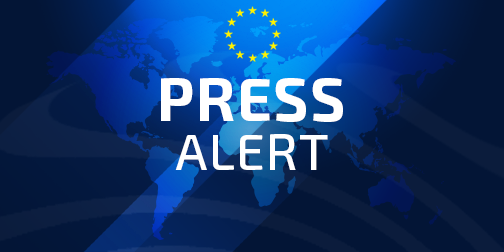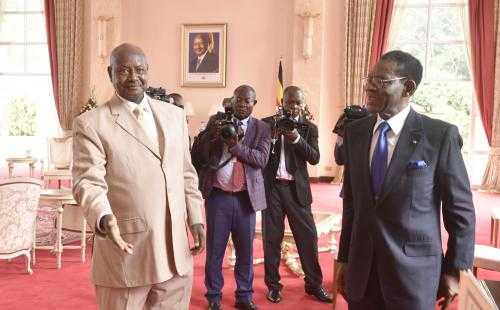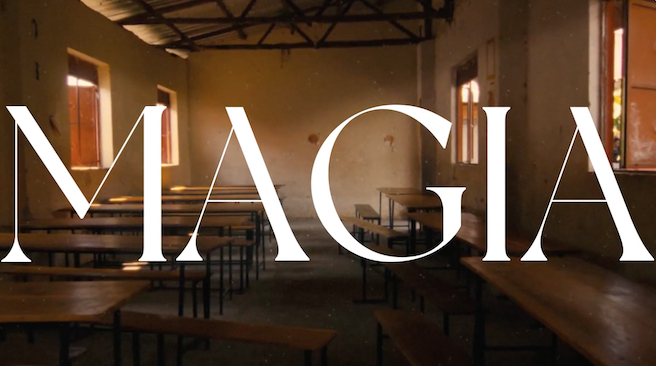Mexico and the European Union share experiences on biodiversity and the circular economy

Mexico and the European Union held, in practice, the Ninth High-level Dialogue on the Environment. The delegations were headed by Tonio Herrera, Under-Secretary for Environmental Promotion and Regulation at the Ministry of Environment and Natural Resources (Semarnate), and Director-General of the Environment at the European Commission, Florica Fink Heuer. During the discussions, environmental issues of common interest were addressed, such as biodiversity and the circular economy, areas in which the European Union and Mexico share an interest in strengthening and continuing their cooperation, which in turn adds value to the implementation of the 2030 Agenda for sustainable development.
Under Secretary Herrera stressed that Mexico and the European Union “are partners, but we must be aware of our differences in terms of our development and where we want to take our agenda.” In addition to, pointed out That “the green agenda should be a social agenda that aims not only to work with the federal relationship, but also with national and municipal governments,” and with regard to the circular economy, “we must work with the private sector.” In addition, he stressed that SEMARNAT’s priority area is to work with other actors, in particular with indigenous and indigenous communities, in order to promote social justice and environmental protection. Finally, he noted the importance of the bilateral work between the EU and SEMARNAT and the impact that this work could have on the global agenda.
For her part, Director-General Fink Hoeger emphasized that the European Union and the so-called European team – made up of the EU, EU member states and EU financial institutions – are ready to commit to a green agenda with Mexico. sustainable recovery after COVID-19, as well as working closely together to advance common goals and build alliances around key priorities such as protecting biodiversity and the environment in general.
The participating officials agreed that the health of the environment is intrinsically linked to the health of the population. In this sense, they emphasized that the crisis caused by the COVID-19 pandemic represented, to a large extent, an opportunity to integrate biodiversity protection among recovery measures, with a strong social focus and the promotion and protection of vital cultural heritage. Through the use of repositories of genetic material and traditional knowledge. Similarly, the two parties highlighted the essential role that the circular economy can play in the context of economic recovery by providing greater efficiency in the use of resources, improving competitiveness and promoting the creation of opportunities for sustainable investments and new jobs.
As a result of the dialogue, concrete opportunities for cooperation were identified and it was agreed to continue exchanging experiences and good practices at the technical level on policies related to the circular economy, the protection of biodiversity and its close link to people’s livelihoods. Population and sustainable use and conservation of natural resources. particularly, The importance of intensifying exchanges between circular economy experts in specific sectors such as single-use plastics and solid waste management, as well as in the agricultural sector has been recognized. The importance of encouraging a closer convergence of positions in multilateral environmental negotiations on issues of common interest and joint work to find new opportunities for cooperation on environmental issues such as marine biodiversity was also emphasized.
Within the framework of the Team Europe initiative on promoting a green transition as part of a sustainable and inclusive economic recovery in Mexico, whose implementation is about to begin, efforts will be focused on strengthening the vision of the circular economy and the role of ecosystems (including seas and oceans) in combating climate change and protecting the environment.

“Award-winning zombie scholar. Music practitioner. Food expert. Troublemaker.”









